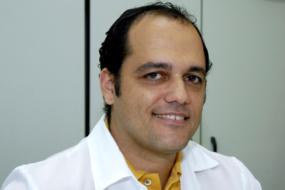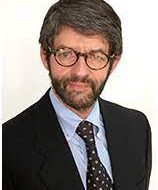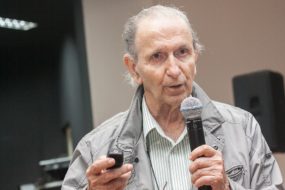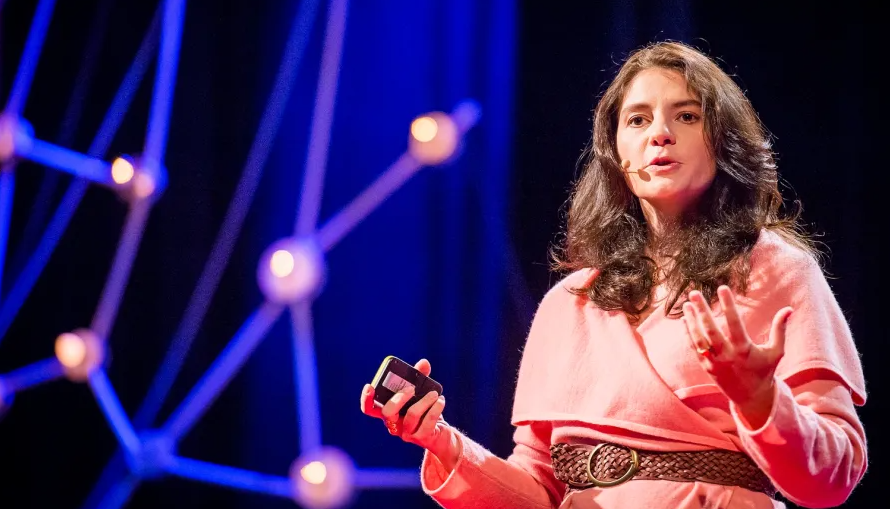
Neuroscientist created pioneering method to count the number of brain neurons; she was the first Brazilian to speak in the TED lecture series
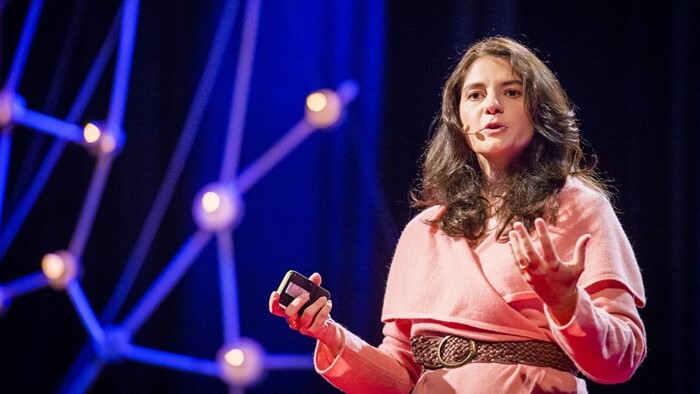
Born in Rio de Janeiro in 1972, brazilian Suzana Herculano-Houzel graduated in genetic modality biology from the Federal University of Rio de Janeiro (1992). Dedicated to the field of neurosciences, she took a master’s degree from the american university Case Western Reserve (1995), a doctorate in France from the Pierre and Marie Curie University (1998) and a post-doctorate in Germany from the Max Planck Institute (1999).
With a special interest in comparative neuroanatomy, Suzana says on her personal website that she studies what different brains are made of, what changes or not with different sizes, how much energy they consume and what a difference it all makes – especially in the context of how brains are made. humans compare themselves with those of other living beings.
Since 1999, Suzana works with scientific dissemination. In addition to being a university professor, she is the author of seven books and occasionally participates in television programs. She has already had a biweekly column in Folha de S. Paulo, the largest Brazilian newspaper, and has published more than 45 scientific articles. One of the most relevant, published in the scientific journal Science, explains the folds present in the human brain.
Discoveries
Suzana is responsible for discoveries such as the fact that the human brain has about 86 billion neurons – and not 100 million as commonly believed. This finding shows that the number of neurons is not directly proportional to the cognitive capacity of living beings. She also found that the consumption of food cooked by Homo sapiens allowed the human brain to become better developed than that of other primates and mammals.
Since May 2016, she has been an associate professor at Vanderbilt University, researching the rules for constructing the central nervous system in humans and other species. A resident of Nashville, Tennessee, in the United States, the neuroscientist was also the first Brazilian to speak at the TED (Technology, Entertainment, Design) conference series aimed at disseminating ideas and held in Europe, Asia and the Americas by the non-purpose foundation US profit-making Sapling.
Suzana has already demonstrated how the differences between male and female brains are expressed in everyday life. One of these differences is related to the ability to switch tasks. Generally, women find it easier to merge activities than men. Another discovery concerns the special notion: to locate themselves in an environment, they tend to guide themselves by direction and distance, whereas they are based on visual landmarks.
Sources
Suzana Herculano-Houzel – Laboratory of Comparative Neuroanatomy
Wikipedia
Graduate PUC-PR
Tecmundo


